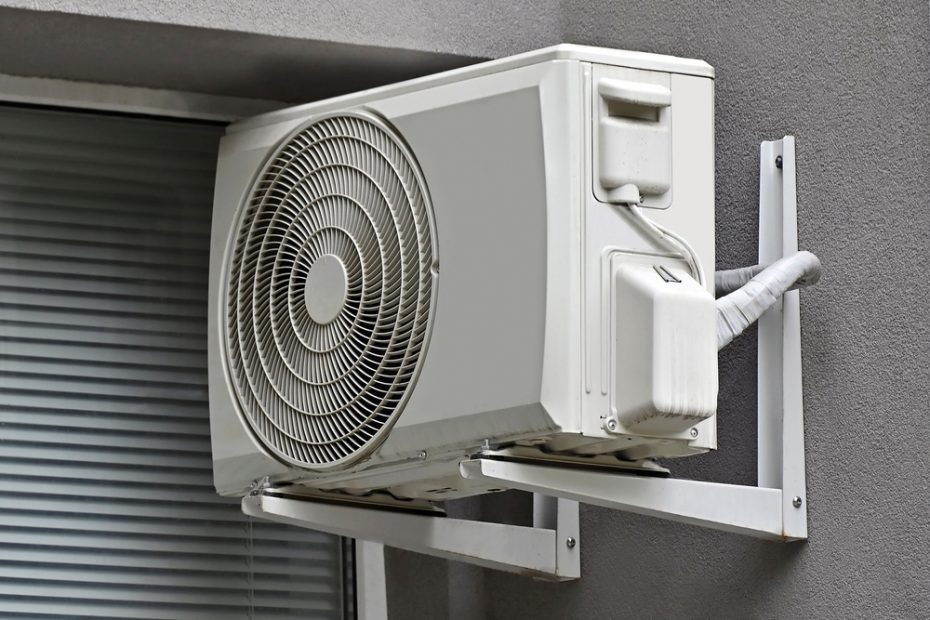Selecting the right HVAC system for your home is crucial for ensuring year-round comfort and energy efficiency. With various options available, it’s essential to understand the different types of systems, their benefits, and how to choose the best one for your needs. This blog provides a comprehensive guide to help you make an informed decision when selecting an HVAC system.
Understanding HVAC Systems
HVAC stands for Heating, Ventilation, and Air Conditioning. An HVAC system regulates the indoor climate by providing heating and cooling, ensuring a comfortable living environment. There are several types of HVAC systems, each with its own advantages and considerations.
Types of HVAC Systems
1. Central Air Conditioning and Heating Systems
Central HVAC systems are the most common type, consisting of a central unit that distributes conditioned air through a network of ducts. These systems can be split into two categories: split systems and packaged systems.
- Split Systems: Split systems have separate units for heating and cooling. The cooling unit (air conditioner) is located outside, while the heating unit (furnace) is inside. This configuration is common in residential homes.
- Packaged Systems: Packaged systems combine both heating and cooling units into a single outdoor unit. These systems are often used in homes with limited indoor space.
2. Ductless Mini-Split Systems
Ductless mini-split systems provide heating and cooling without the need for ducts. They consist of an outdoor unit and one or more indoor units mounted on walls or ceilings. Each indoor unit can be controlled independently, offering zoned heating and cooling.
3. Heat Pumps
Heat pumps are versatile systems that can provide both heating and cooling. They work by transferring heat from one place to another. In cooling mode, they remove heat from the indoor air and release it outside. In heating mode, they extract heat from the outdoor air and bring it inside. Heat pumps are energy-efficient and can be used in moderate climates.
4. Geothermal Heat Pumps
Geothermal heat pumps utilize the stable temperature of the ground to provide heating and cooling. These systems consist of underground pipes that circulate a fluid, absorbing heat from the ground in winter and releasing heat into the ground in summer. Geothermal systems are highly energy-efficient and environmentally friendly.
5. Hybrid Systems
Hybrid systems combine a heat pump with a furnace, allowing homeowners to switch between the two depending on the outdoor temperature. This flexibility ensures efficient heating and cooling throughout the year.
Factors to Consider When Choosing an HVAC System
1. Climate
The climate of your location plays a significant role in determining the best HVAC system for your home. For example, heat pumps are ideal for moderate climates, while geothermal systems are suitable for areas with extreme temperatures.
2. Home Size and Layout
The size and layout of your home impact the type and size of the HVAC system you need. Larger homes may require a central HVAC system with a network of ducts, while smaller homes or individual rooms can benefit from ductless mini-split systems.
3. Energy Efficiency
Energy efficiency is a crucial factor to consider when choosing an HVAC system. Look for systems with high Seasonal Energy Efficiency Ratio (SEER) ratings for cooling and high Annual Fuel Utilization Efficiency (AFUE) ratings for heating. Energy-efficient systems reduce utility bills and minimize environmental impact.
4. Budget
Budget considerations include the upfront cost of the system, installation fees, and long-term operating costs. While high-efficiency systems may have a higher initial cost, they often result in significant energy savings over time.
5. Maintenance Requirements
Different HVAC systems have varying maintenance requirements. Central HVAC systems with ducts require regular cleaning and inspection, while ductless mini-split systems need periodic cleaning of filters and coils. Consider the maintenance needs of each system and choose one that fits your lifestyle.
6. Indoor Air Quality
HVAC systems play a vital role in maintaining indoor air quality. Systems with advanced filtration options can remove dust, allergens, and pollutants from the air, providing a healthier living environment. Consider systems that offer enhanced air purification features.
Installation and Maintenance Tips
1. Professional Installation
Proper installation is critical for the performance and efficiency of your HVAC system. Hire a qualified HVAC contractor to ensure the system is installed correctly and complies with local building codes and regulations.
2. Regular Maintenance
Regular maintenance is essential to keep your HVAC system running smoothly and efficiently. Schedule annual maintenance checks with a professional technician to inspect, clean, and tune up your system. This helps prevent breakdowns and extends the lifespan of your equipment.
3. Change Air Filters
Regularly changing air filters is a simple yet crucial maintenance task. Dirty filters restrict airflow, reducing the system’s efficiency and performance. Check filters monthly and replace them every 1-3 months, depending on usage.
4. Seal Ducts
If you have a central HVAC system, ensure that the ducts are properly sealed. Leaky ducts can result in significant energy loss and reduced efficiency. A professional technician can inspect and seal any leaks to optimize system performance.
5. Monitor Thermostat Settings
Use a programmable or smart thermostat to optimize energy use and maintain comfort. Set the thermostat to adjust the temperature based on your schedule, reducing energy consumption when you’re not at home.
Conclusion
Choosing the right HVAC system for your home involves considering various factors such as climate, home size, energy efficiency, budget, and maintenance requirements. By understanding the different types of HVAC systems and their benefits, you can make an informed decision that ensures year-round comfort and energy savings. For more information on HVAC systems or to explore our range of services, contact us at Alteraa Ventures.
External Resources:

